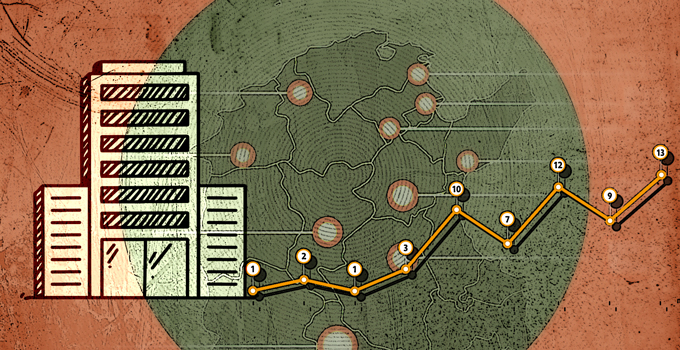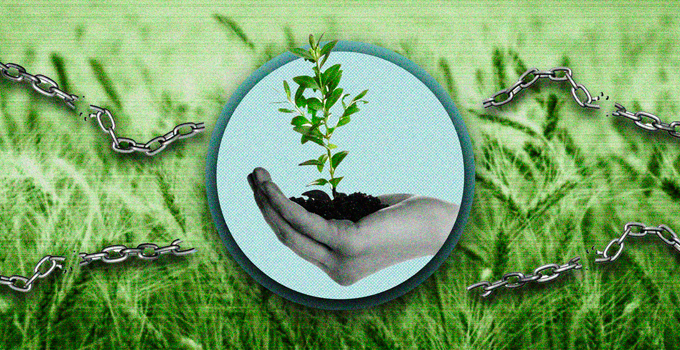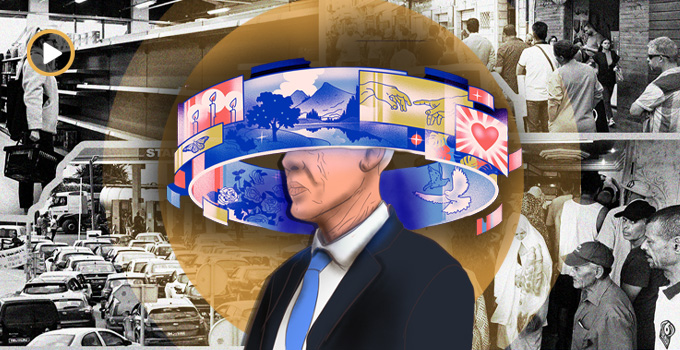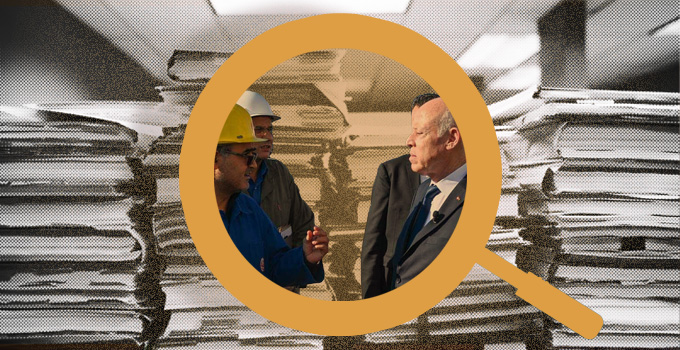It has been nearly fifteen months since the publication, on March 21, 2022 in the Tunisian Gazette, of presidential decree 15-2022 concerning community-based enterprises. The time has come to take stock and consider how this project—conceived, promoted and carried through by the president—is faring today.
By June 1, 2023, only 58 community-based enterprises had been created, over 90% of them within the past five months. The start has been slow for the insertion of these new economic actors onto the playing field. Between September – December 2022, only seven were created. Things picked up in the beginning of 2023, then followed an ebb and flow over the coming months (ten in January, seven in February, 12 in March, nine in April and 13 in May).

Importantly, one-third of governorates (eight out of 24) remain, at least for now, excluded from this implantation movement. These include Ben Arous, Bizerte, Kef, Monastir, Sousse, Kebili, Tataouine and Tozeur. Enthusiasm for these entities fluctuates across the remaining 16 governorates. Nearly three-fourths are concentrated in the center and south of the country, with 42 out of 58 located within seven governorates. The remaining 16 projects are based in the nine other governorates of the north and the Sahel.
By governorate, 14 including Tunis, Manouba, Ariana, Zaghouan, Beja, Jendouba, Siliana, Nabeul, Mahdia, Kairouan, Kasserine, Sfax, Gabes and Medenine claim between one and five community-based enterprises. Two governorates stand out from the rest: Sidi Bouzid and, above all, Gafsa.

Sidi Bouzid counts nine community-based enterprises. Seven are devoted to the agricultural sector, including two that are combined with other activities. One is tourism, the other is cow and sheep farming, apiculture and…biogas production from animal waste. One project alone operates in industry (transformation of clay and production of all sorts of bricks).
By far, Gafsa is number one in the creation of community-based enterprises, with 18 reported until today. Agriculture also predominates in this governorate, with nearly half (eight) of enterprises dedicated to this sector.
Industry comes second, with seven projects focused on waste recycling, mining and aerated concrete manufacturing. Only one of these activities raises a red flag. As its name indicates, the Transport Company of Phosphate and Minerals is set to operate in a problematic sector (the transport of phosphate by private operators) that public authorities wish to break up.
The majority of community-based enterprises are based in agriculture. There are, however, a few projects in other sectors: media (Zarzis), tourism (notably the creation of a touristic zone in Halg El Oued, Zouaraa, in the Beja governorate), industry (in addition to aerated concrete in Gafsa, textiles in Jendouba and construction materials in Sidi Bouzid), and transport (the founders of the most ambitious project, based in the Ettadhamen neighborhood of the Ariana governorate, set their company’s capital at 20 million dinars).
With the adoption of a new constitution and the election of a new parliamentary assembly as per a new electoral law, the president may well have achieved his objectives on the political front. The same cannot be said, however, of his economic goals, which include his vision to reinvigorate the economic playing field with these new actors called community-based enterprises.




 This search is powered By Nawaat experimental generative artificial intelligence. Begin typing your search or question above then press return. Press Esc to cancel.
This search is powered By Nawaat experimental generative artificial intelligence. Begin typing your search or question above then press return. Press Esc to cancel.
iThere are no comments
Add yours